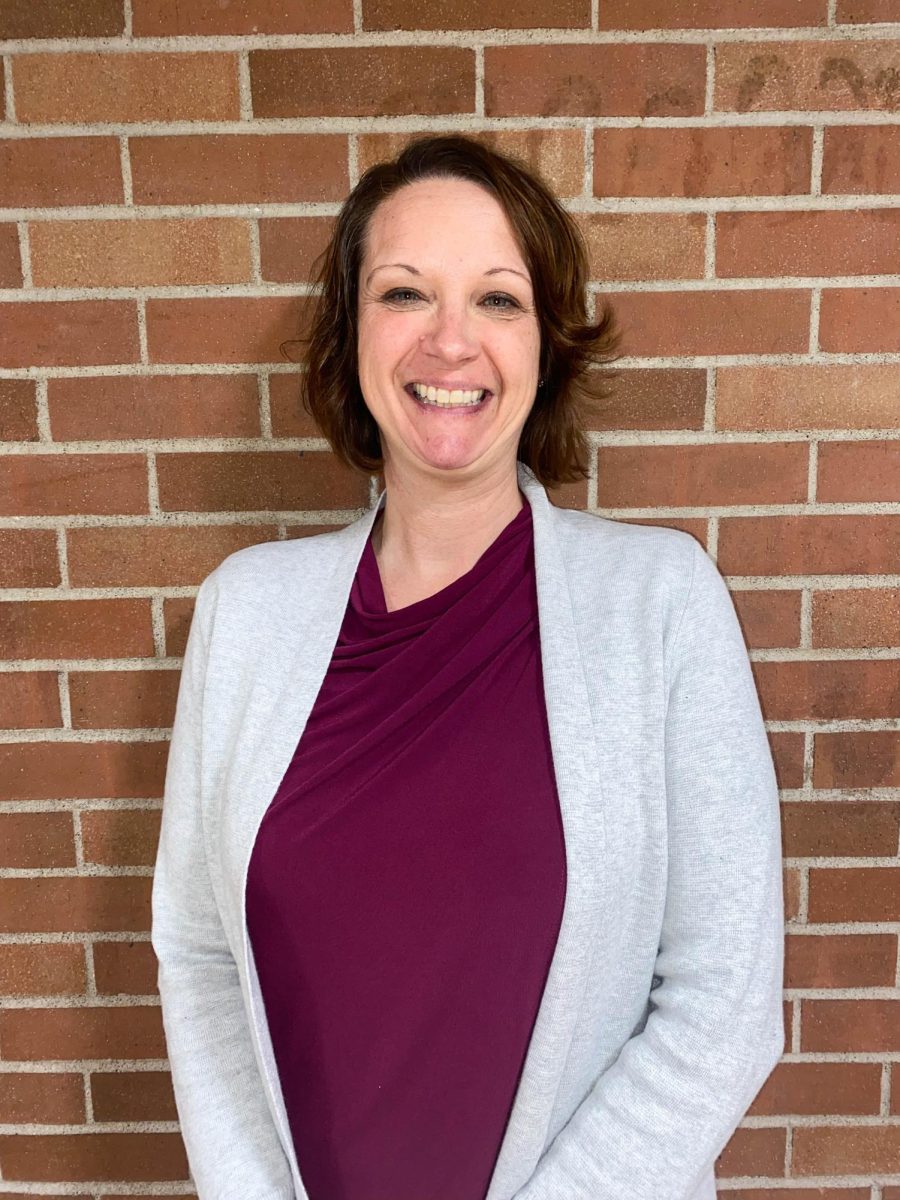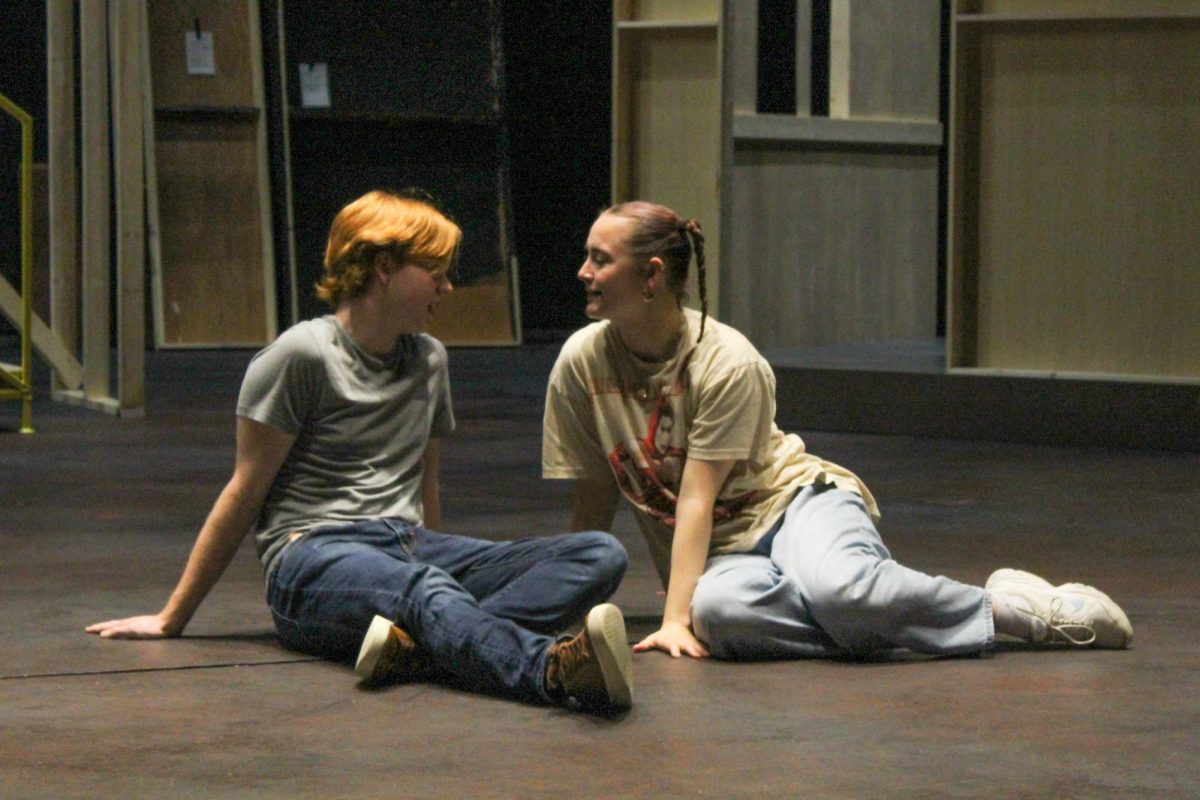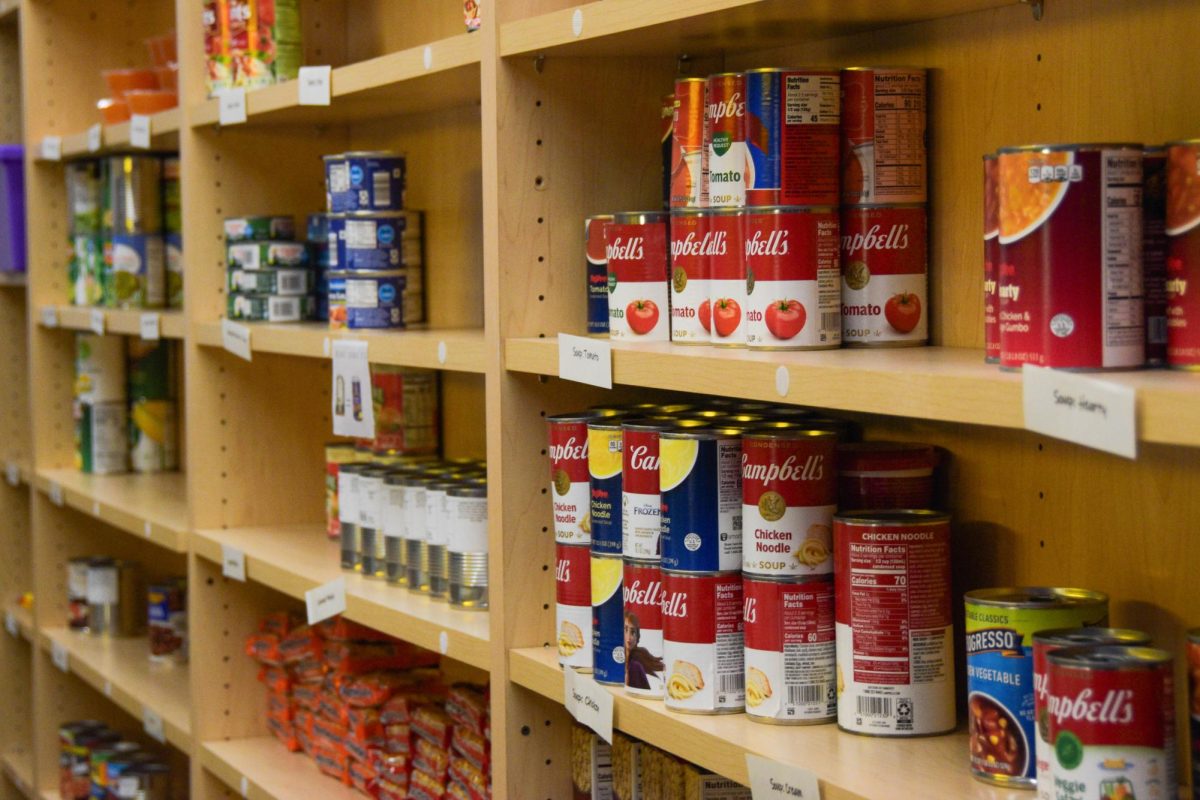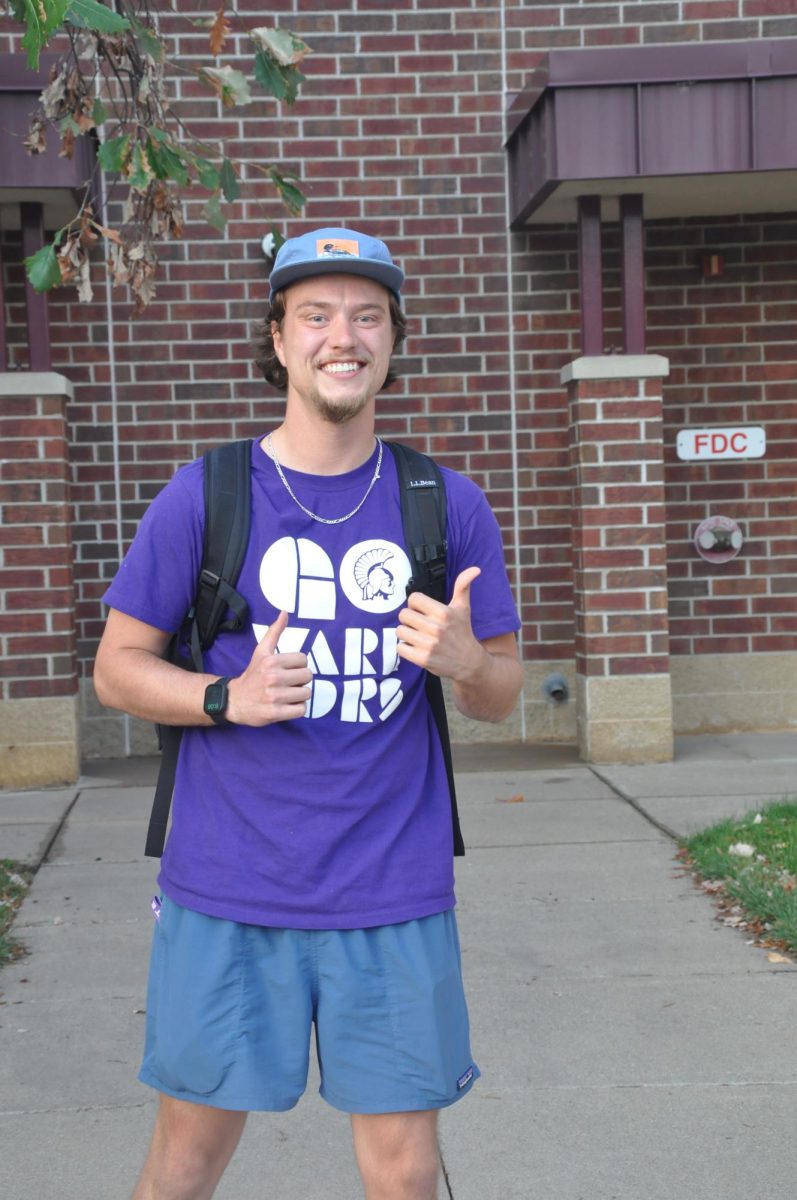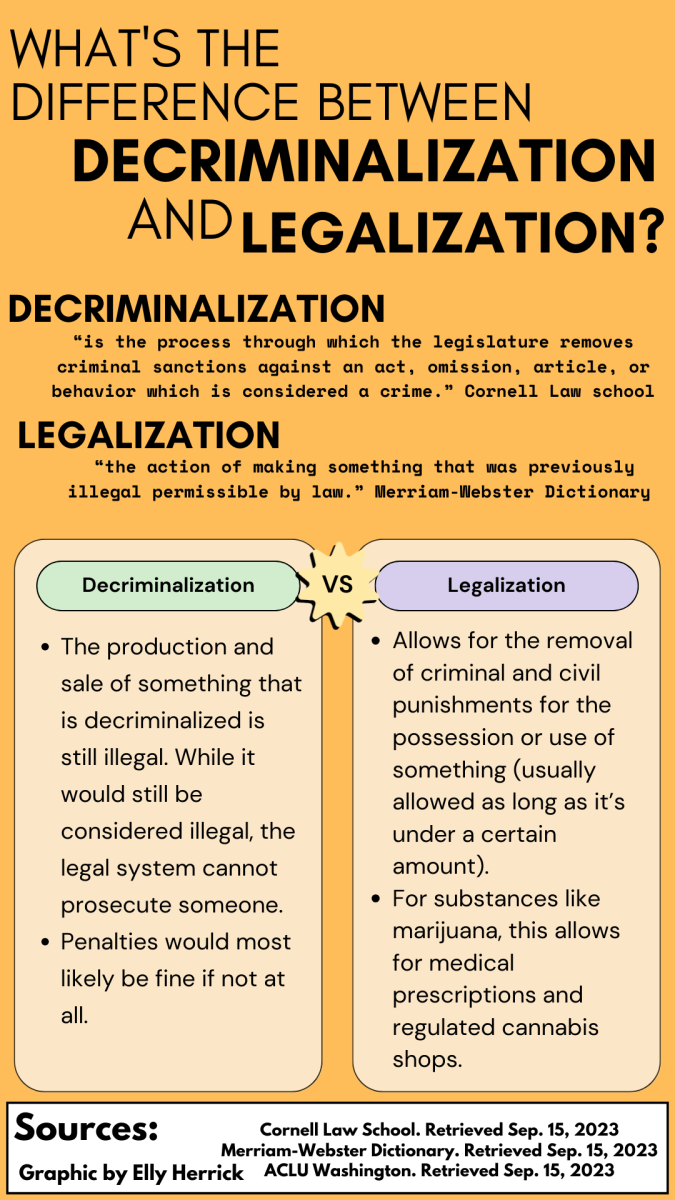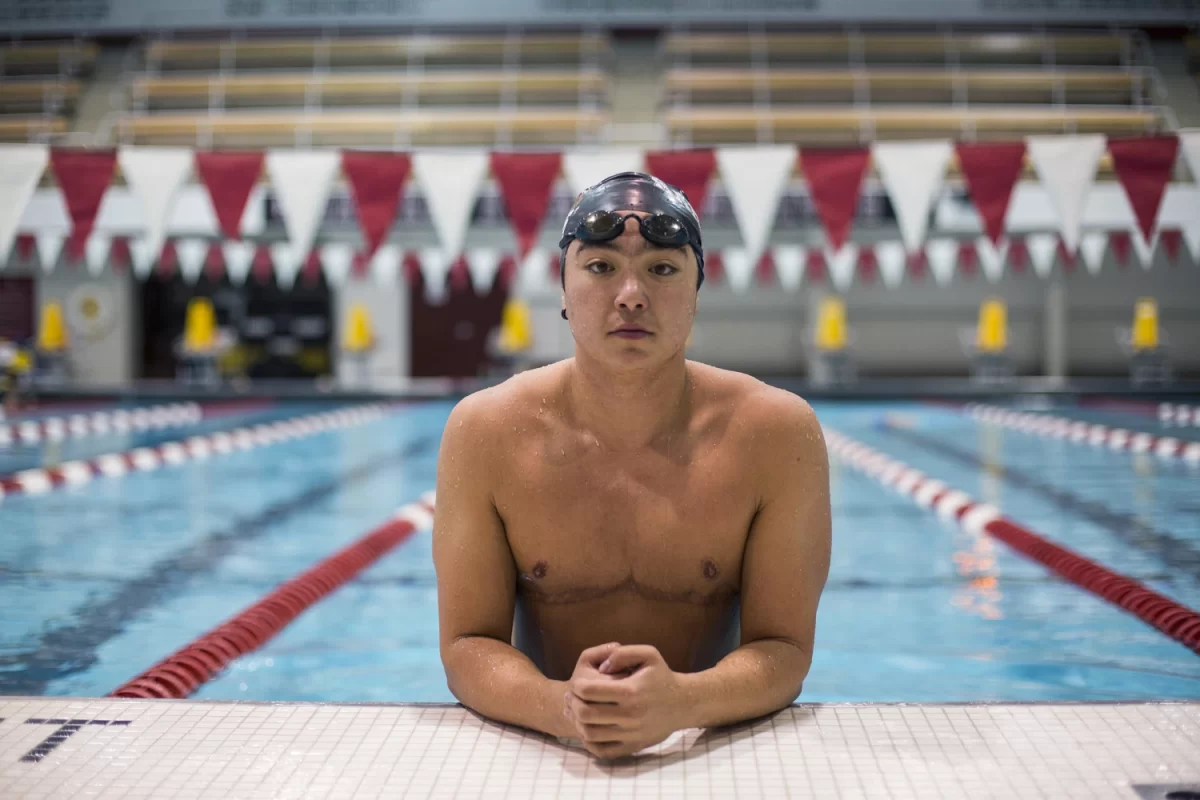Hannah Jones/Winonan
Nov. 19 marked the campus-wide observance of Trans Day of Remembrance. It was exactly that: a reminder.
All over Winona State University, students paid tribute to and mourned transgender, gender-queer and gender-fluid individuals who lost their lives due to the discrimination, violence, and hatred of others based on difference—and ignorance. The day’s events included a candlelight vigil at the gazebo, a moment to reflect, honor, and most importantly, remember those who suffered and perished.
Before the vigil took place, members of Winona State’s transgender community held an informational panel for attendees to learn more about transgender issues and what each of them could do to make this campus a more tolerant place for all modes of gender identity and expression.
Among the panelists were three current Winona State students and one former Winona State professor, all of which identified themselves as either transitioned or transitioning from male or female to female or male, or simply outside of the gender binary—neither strictly male, nor strictly female.
To begin the session, each panelist shared a little about their respective journeys to self-acceptance and finding their truest selves, along the way overcoming the painful obstacles often faced by transgender individuals nationwide.
“My journey is new,” confessed Al, the first panelist to speak. Al identifies outside the gender binary, and as such, prefers the pronouns “they,” “them,” and “their” as opposed to the gender-specified “he/she, him/her, his/her.” Al is cheerful in the explanation, adding that the plural nature of the pronoun sometimes drives English majors “nuts.”
Grammar quibbles aside; Al chose their name and their pronouns because at this point, they best fit Al’s expression of gender. Although pronouns are tiny specks in the English language, mere blips in our daily conversations in how we address and acknowledge one another, several of the panelists expressed how choice and usage of a pronoun could mean the world to them.
Kaylee, a transgender panelist transitioning from male to female who identifies by female pronouns, described the visceral, gut-wrenching feeling she gets when someone refers to her with the incorrect pronoun.
“It’s like a kick to the stomach,” she said, and also mentioned that these moments, so trivial in the English language, can induce a lasting depression and physical discomfort.
This sensation, officially known as “dysphoria,” is a common occurrence in the life of a transitioning transgender individual, that can find themselves hard-pressed to squeeze into a world bisected by two restrictive genders, even in terms of language.
Jamie Ann Meyers, a former professor of geology here on campus, made this difficult transition “on the job,” and experienced the disorientation and difficulty of living between genders.
Besides the issue of pronouns, this struggle also manifested itself in other areas of her life.
“I used to plan my whole day around bathrooms,” Meyers said. “What I would drink and when, and where I could find a safe bathroom to use.”
Bathrooms, which are more often than not segregated, based on gender, pose a conundrum for transgender individuals when it comes to placing themselves. Either choice can lead to bullying, harassment, and even being “told on” for using the wrong facility—when, in reality, neither facility is really “right.”
Currently, there are only approximately seven unisex bathrooms across campus. Fortunately, recently, Student Senate has given approval for the inclusion of a gender-neutral bathroom in Kryzsko Commons, a victory several of the panelists smiled over during the session.
These little, everyday things – pronouns, bathrooms, how we look at one another, and how we think of one another in the scheme of our community – can make the difference between belonging and feeling hopelessly lost. On that day, a day of remembrance, it became abundantly clear just how much these supposedly little things mean to transgender individuals, and to everyone. When asked what we as students can do to help transgender individuals in our community, the answers were surprisingly simple: Use pronouns and names correctly. If you mess them up, simply say you’re sorry and try to remember for next time.
“You don’t realize what your words can do,” Al said, the cheerful smile dropping momentarily from their face.
The panel ended and gave way to the vigil, the silent punctuation mark on the end of this all-important conversation.
At the end of the day, as we reach out to those who perished, we must also reach out to those still among us who need our acceptance in its purest, simplest form. We need, simply and succinctly, to remember.
Contact Hannah at [email protected]





























































